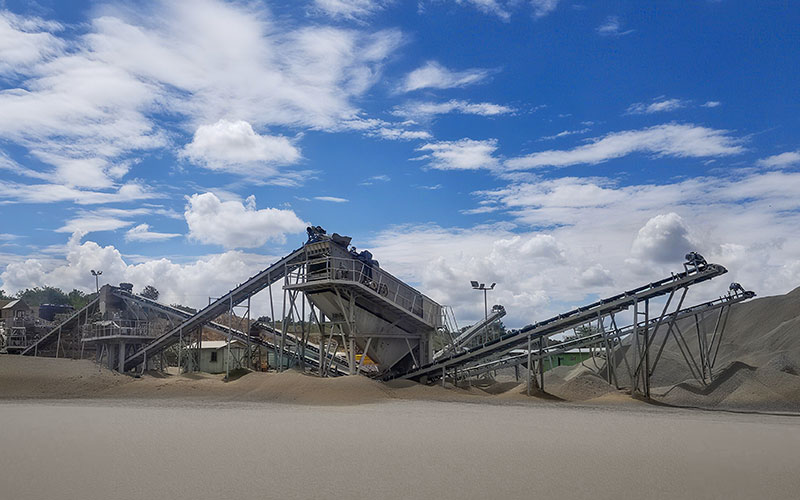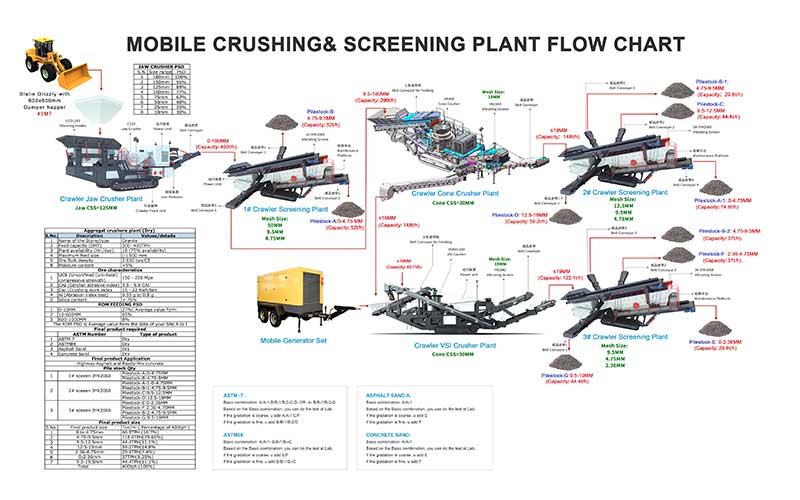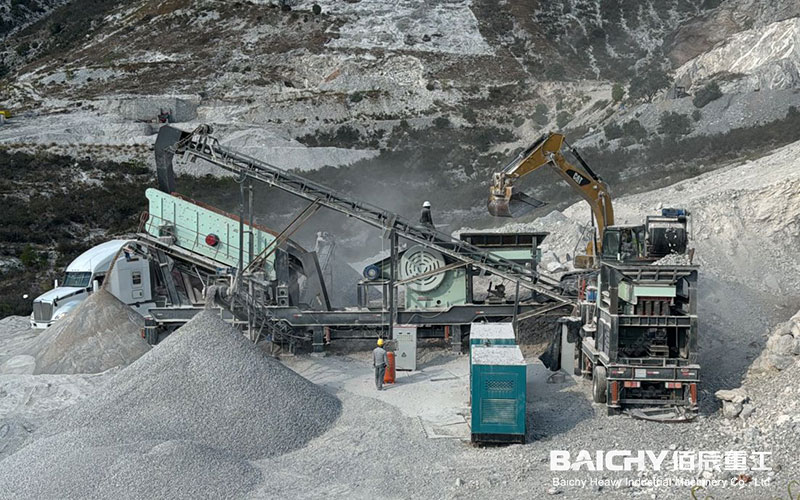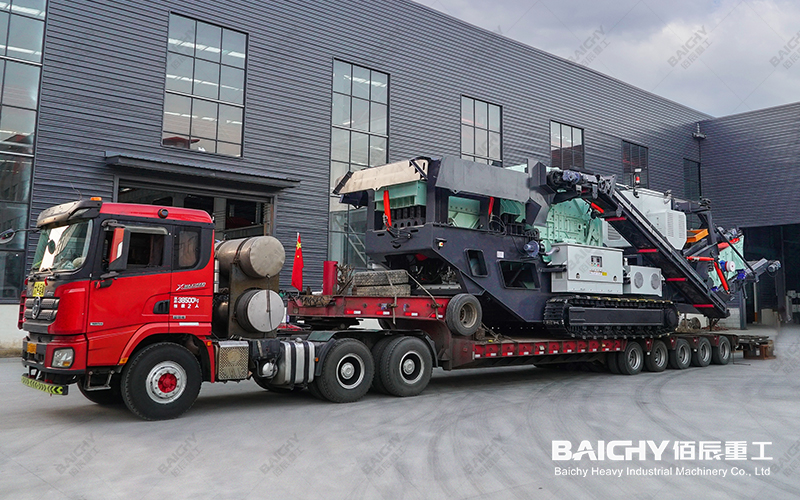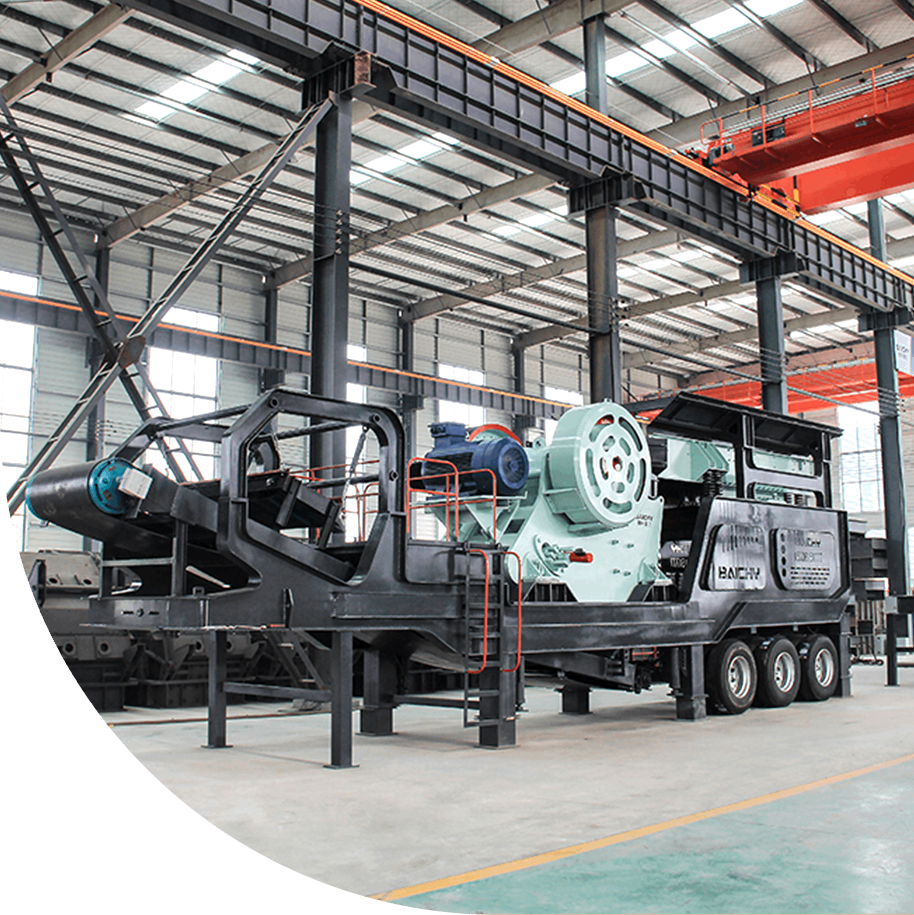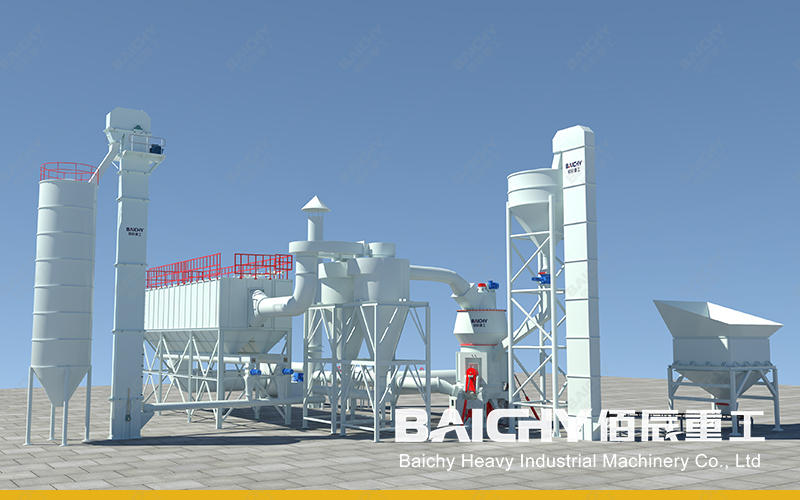
In modern industrial production, material transportation is a vital link. When powder, granular or small block materials need to be transported vertically or at a large angle, bucket elevator becomes the most ideal solution. This efficient and reliable conveying equipment is widely used in cement, grain, chemical, mining and other industries. With its unique structure and operation mode, it realizes the continuous transportation of materials from low to high.
1. Definition and core functions
Bucket elevator is a fixed vertical conveying equipment that lifts materials from low to high through a bucket installed on an infinite traction member (belt or chain) between the head wheel and the bottom wheel. It can achieve material transportation with a maximum vertical height of 30-40 meters and is an indispensable material handling equipment in industrial production.
2. Main features and advantages
• Vertical conveying: small footprint, especially suitable for plants with limited space
• Efficient and stable: large conveying capacity and stable and reliable operation
• Good sealing: reduce dust spillage and improve working environment
• Strong adaptability: can convey materials in various forms
• Easy maintenance: simple structure, easy maintenance
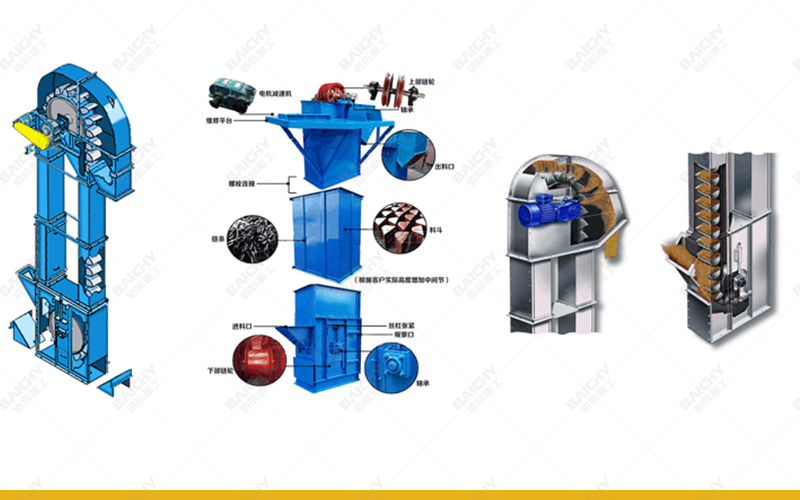
3. Working principle of bucket elevator
The operation process of bucket elevator can be divided into four main stages:
• Loading stage: materials enter from the bottom feed port and are scooped by the running bucket
• Lifting stage: the bucket filled with materials moves upward with the traction member
• Unloading stage: after reaching the top, the materials are discharged from the discharge port under the action of centrifugal force or gravity
• Return stage: the empty bucket returns to the bottom along the other side to complete a cycle
This reciprocating movement realizes the continuous vertical conveying of materials, and the whole process is efficient and highly automated.
Main types of bucket elevators
| Type | Features | Applicable scenarios |
| Belt bucket elevator | Use rubber belt as traction component, smooth operation, low noise | Light materials, such as grain, plastic pellets |
| Chain bucket elevator | Use round chain, high strength, wear resistance | Heavy materials, such as ore, coal |
| Plate chain bucket elevator | Use plate chain, stronger load-bearing capacity | High-temperature materials, such as cement clinker |
Precautions for purchasing bucket elevators
• Material property analysis: including particle size, humidity, temperature, corrosiveness, etc.
• Conveying capacity requirements: Determine the appropriate model specifications according to output
• Lifting height requirements: Different heights correspond to different equipment configurations
• Working environment conditions: Consider special requirements such as temperature, humidity, explosion-proof, etc.
• Brand and after-sales: Choose a qualified supplier with perfect service
As an efficient solution for vertical material transportation in industrial production, the importance of bucket elevators is self-evident. Understanding its working principle, type characteristics and application scenarios will help enterprises choose the equipment that best suits their production needs, thereby improving production efficiency and reducing operating costs. With the continuous development of technology, modern bucket elevators have also made significant improvements in intelligence, energy saving and environmental protection, providing more reliable guarantees for material transportation in various industries.




